The weird and wonderful
We will definitely miss the surprises around every corner. For example:
—Queueing at a motorway toll booth, we saw a lady dressed in a beautiful sari knocking on car windows and being given coins by most of the drivers. In fact, those who do this are eunuchs – an age old tradition which still prevails in India. They offer special prayers and expect compensation, and drivers regularly oblige for fear of the evil eye if they give nothing.
—We noticed the sign of special prayers on a banyan tree which was dressed in children’s clothes and surrounded by miniature houses made out of rocks, all for the purpose of praying for fertility and wealth.
—We learnt about the regular practice among college students of a ‘mass bunk’ where whole classes take the day off school, and we met such a class one day at a temple…which is also unusual as kids in the West who bunk/play hooky do not do so to visit temples! Apparently, the teachers do not get too upset as it means they have an unexpected day off too.
Movies
We are tuned into the obsession which Indians have for Bollywood films, having seen around 50 of them, and just love these artistic variations of Hollywood blockbusters. We went to the cinema twice in India and became fascinated by the audience behaviour – some throw coins at the screen and start screaming when their favourite actors appear. Just amazing. More remarkable things…the national anthem was played at the start of one of the films and everyone stood and sang. The funniest thing was how the censors remove all the swear words…or at least they think they do as in the film 1917, they left in some more obscure words which they clearly did not know the meaning of and are quite obscene. A victory for freedom of speech! We were not so impressed by members of the audience who take phone calls during the films and have no shame in talking loudly, and neither were we too amused by the 10 minute intermission taken half way through every film to play commercials.
Funny Signs and Hinglish

Do it round the corner 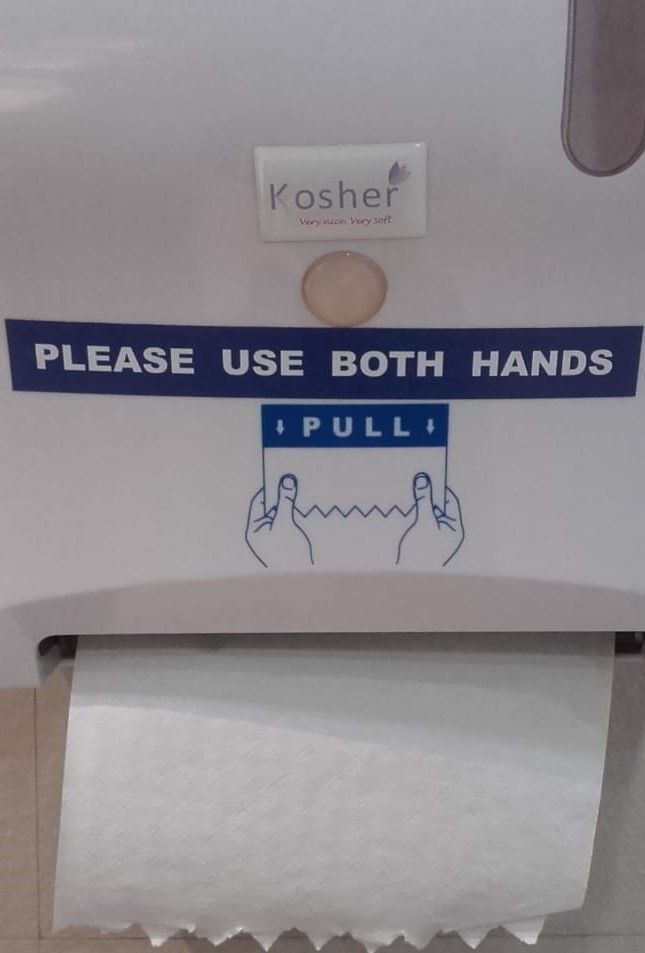
It is safe to eat here!
We only learnt a few words of Hindi but many more words of Hinglish; English words used only in India. Here are our favourites:
– enter at the “backside” (= enter behind the building etc)
– no “outside eatables” allowed (=only food bought on the premises allowed)
– “100% pure edible” (= edible)
– what is your “good” name?…we also loved being called Sir and Ma’am!
– “no panic” (= don’t worry)
– “do one thing” (= take this advice)
– we use “packaged water only” (= we only use bottled water)
– I have “reached” (= I have arrived)
Monkeys

We’ve all had days like that 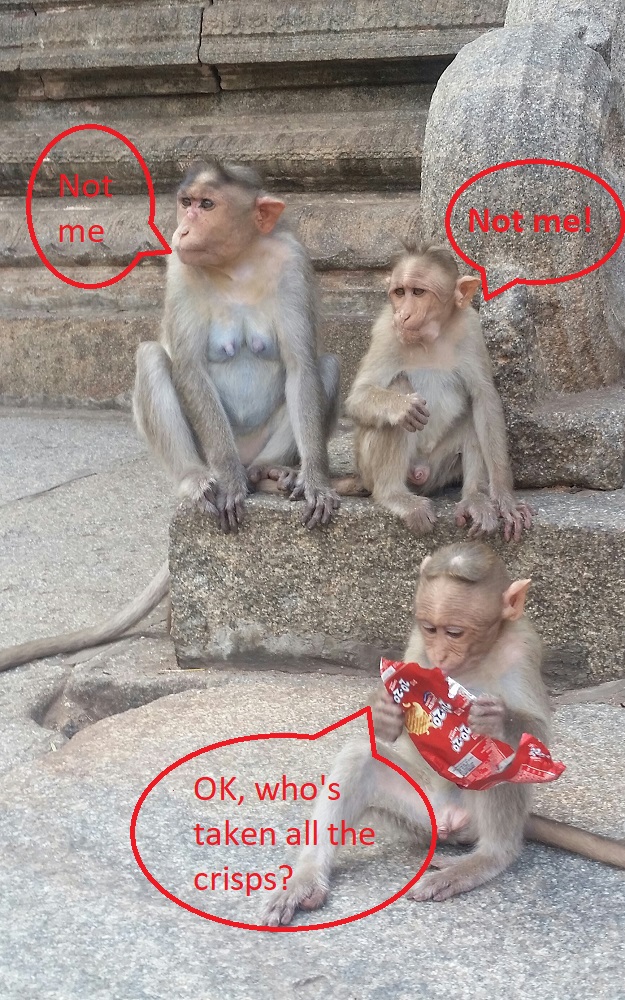
We will of course miss the monkeys but not all of them; especially the one which mugged Sylvie. During a lovely stroll admiring the scenery and peace of Hampi, a monkey sneaked up on us from behind and grabbed a big bunch of bananas Sylvie was carrying. Everyone around us looked amused but when Sylvie started to chase the monkey to retrieve the bananas and teach it a lesson then the fits of laughter began. The monkey looked like he was giggling too as he munched on the treat from a branch, looking down on us.
Pushing In
Yes, we know that the British have a compulsive obsession with orderly queues but still, the capacity people have here for pushing in is quite incredible. We have experienced this before and had thought that Israelis had mastered the pushing in skill but Indians take it to a whole new level. Maybe it’s the result of being trodden on first by the Moghuls then by the British, but the approach to get ahead and be first is very clear. Even when standing in line at the urinals, I really didn’t expect the person behind me to push me aside and jump ahead. I gave him the benefit of the doubt that he was more desperate but that assumption was clearly unfounded!
Prices
We will of course miss the price of accommodation, meals, transport, etc A scrumptious 3 course meal can cost as little as $1. We also plan to return when we next need glasses as the savings on them will easily cover the cost of flights. But what we won’t miss is the differential pricing applied to tourists. We completely accept as foreigners to pay more than Indian residents to rickshaw drivers , fruit sellers, etc but it is infuriating when the mark up is official and government approved. We would often pay $8 to enter a museum when locals pay 30 cents. This might be fine if the locals are all poor but India, of course, has a growing middle class, some of whom are far richer than we are, so the official policy seems to be quite unfair. The policy also borders on racism, although it is more nationalist as Indians born in the UK, US, etc must in theory pay the full rate, although in practice the price is really based on skin colour and the ability to speak Hindi.
Shopping
We were probably taken for a ride a few times, in a literal sense by rickshaw drivers doubling the fares they would charge to locals, but also by tour guides who wanted to take us to special shops which just happened to be owned by their brother or where they might earn a commission. We were wary of such schemes but the truth is that even when we paid over the odds, the price of merchandise is still inexpensive. In fact, it’s worth coming to India empty handed and even buying the suitcase there. We also found some genuine places where profits actually go to local artisans and help to keep craft traditions alive. In Udaipur, you can trust Sadhna, a small social enterprise where women earn a share of the profits and thus can send their children to school. Sadhna also supplies Fabindia with many of their designer clothes. Although Fabindia’s profits are not distributed to Sadhna, and their prices are far from inexpensive, their regular orders provide a safety net of work for Sadhna.
Hospitals
As we have come to expect with such long trips, we unfortunately needed treatment in hospitals during our stay. Thankfully, they were only for minor ailments and they brought with them some interesting experiences. One trip to a Government run (down!) hospital in Bangalore was incredibly efficient: a great doctor provided treatment for a tick bite in just a few minutes and for the princely sum of 10 pence! To treat some worsening arthritis, we also went along for blood tests to a state of the art lab, which produced results within a few hours, and to an Ayurvedic doctor who prescribed a compound of plants and cow urine! Even more surprising is the fact that it is working!
Food
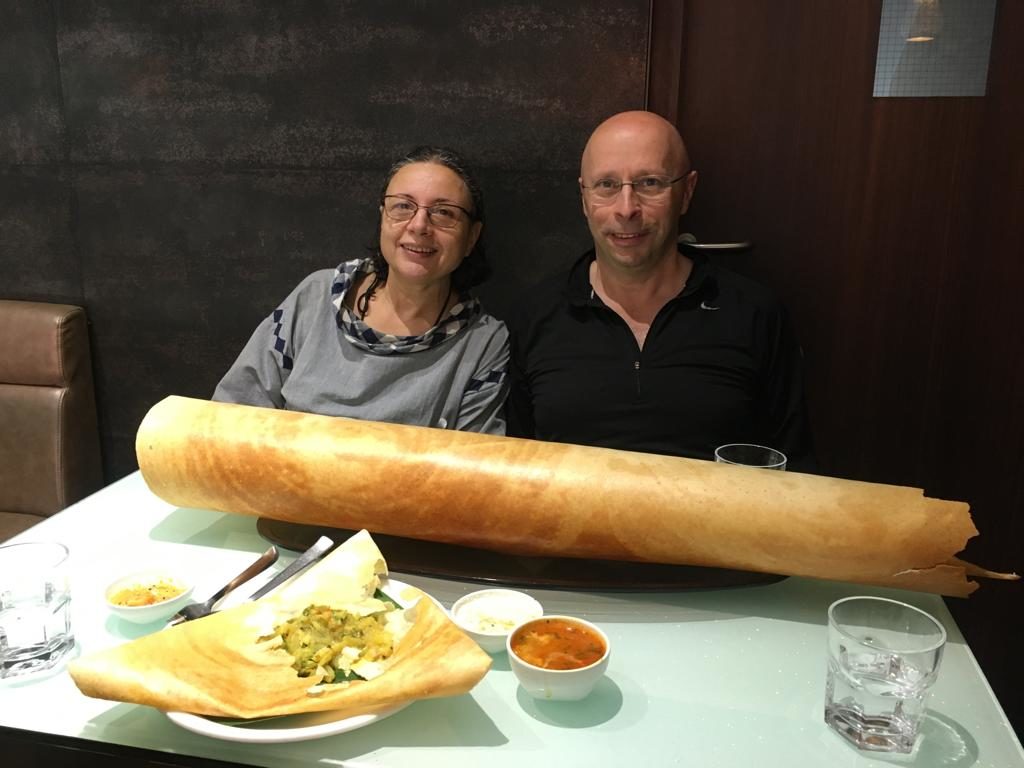

Rama Fruit 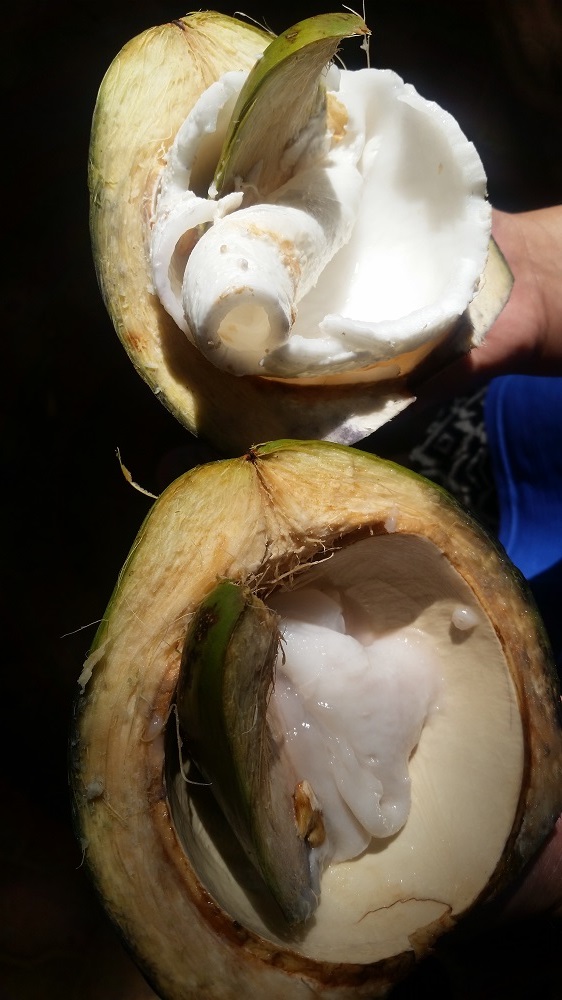
Juicy green coconut flesh
Four of us tried and failed to get through a delicious metre long dosa, a type of crispy pancake filled with mashed potato masala, served with coconut chutney and a thin red lentil soup called sambar. Each area of India has its own special food: the North is famous for its rich stews cooked in ghee and its breads (we lived off potato or cauliflower stuffed paratha) while the South is known for its rice dishes and lentil pancakes, chutneys and oil served on banana leaves. There are so many foods we discovered like Rama fruit, a root which tastes like sweet dry coconut; we are also really going to miss the young, tender and yummy coconuts and the chutneys we had every morning with our idlis (fermented steam rice cakes) and medhu vadas (lentil and rice savoury doughnuts).
Colours
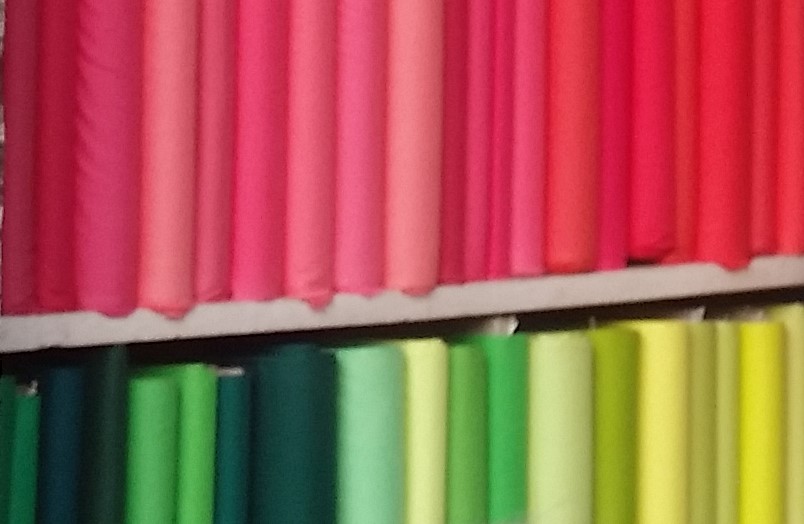
Shades of silk in a shop in Jaipur 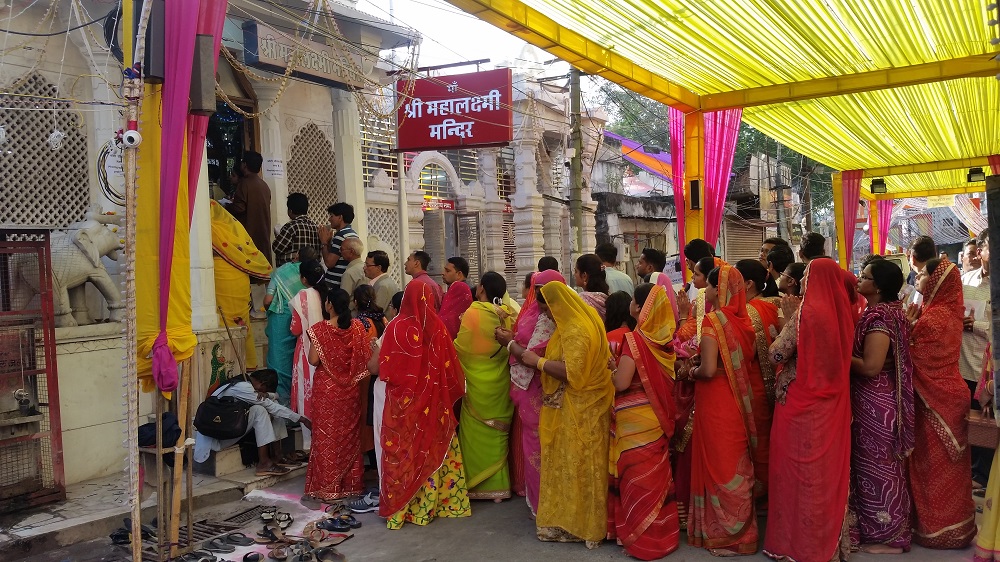
Saris woven from the silks

Inspiration for the silks? 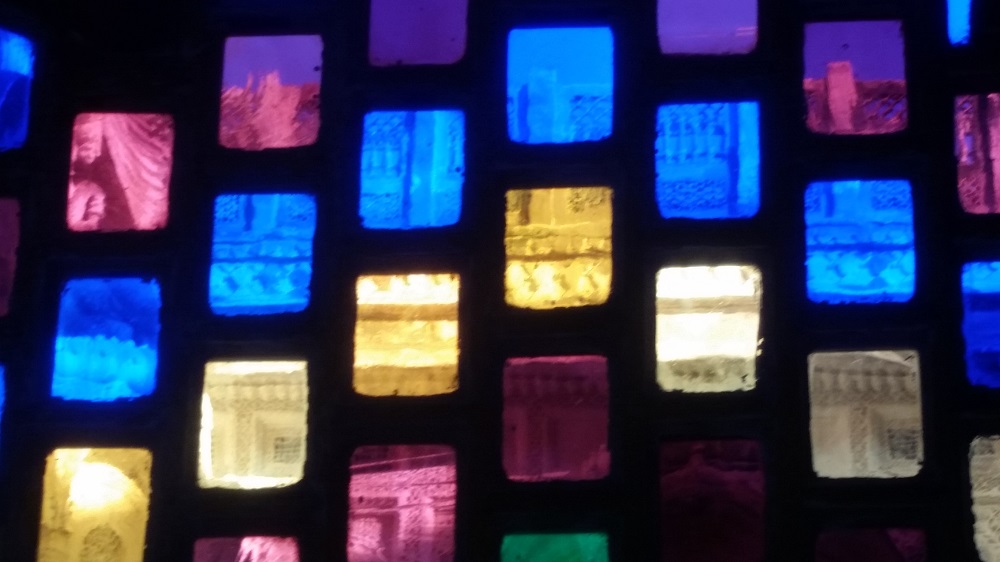
Window from Jaipur’s Palace
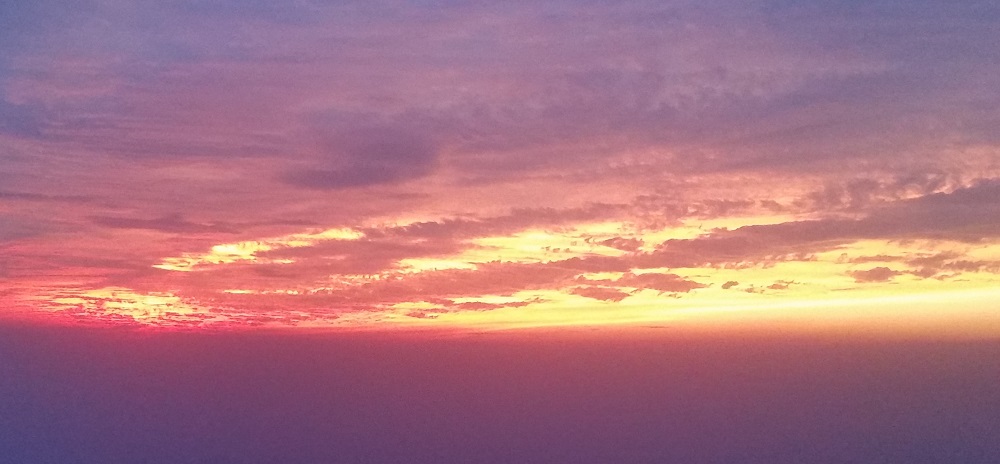
Sunset in Mount Abu 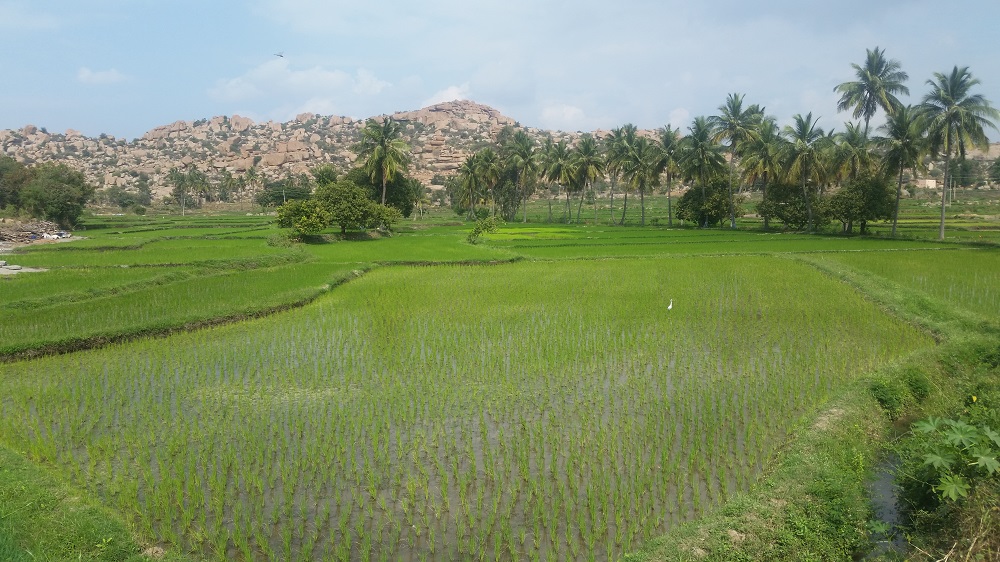
Paddy field in Hampi
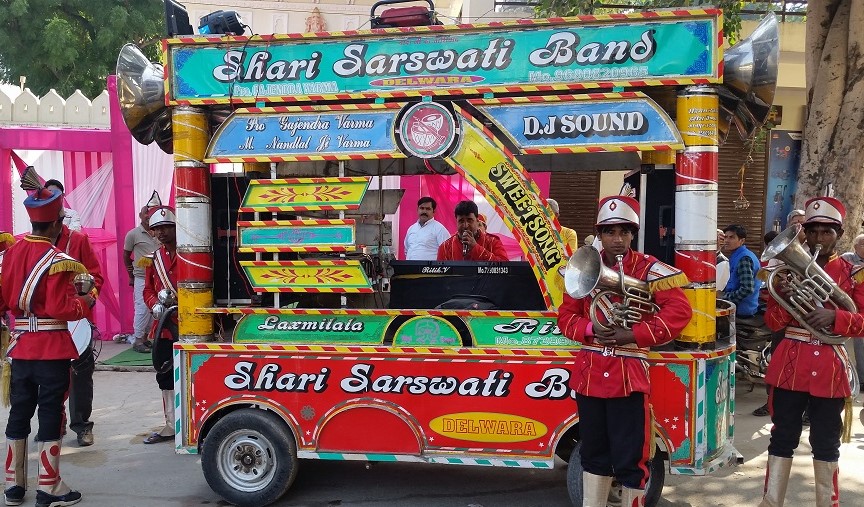
Mobile Musical Band 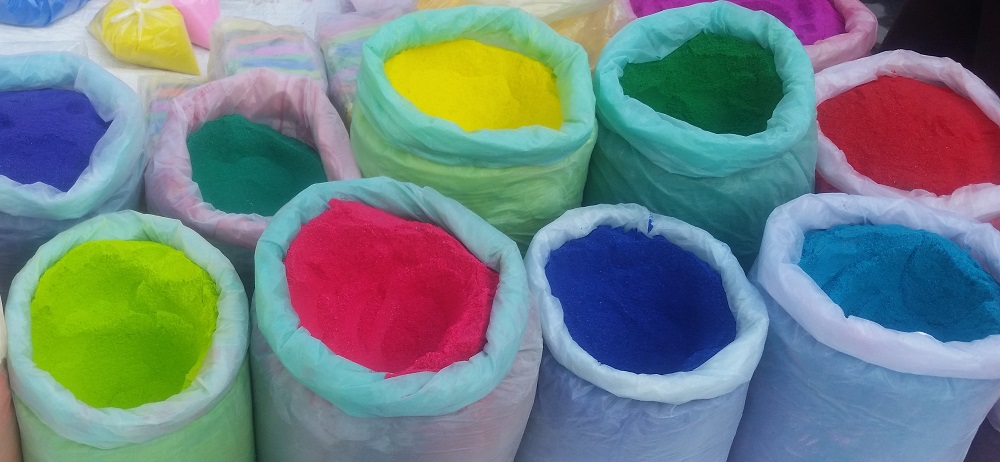
Candle wax sold from a stall in Hampi
We will miss admiring the bright green paddy fields, the glorious sunsets, the beautiful saris and the technicolour country. The world feels much more alive in India!
Littering
We regularly saw mounds of litter wherever we went, not just on city streets, but on mountainsides, beaches and in deserts too. We spent one full morning in the Himalayas picking up plastic bottles and snack wrappers thrown away by locals, and the litter bins which were on the trails clearly had not been emptied for months, possibly years. We didn’t do the same in Hampi or Gokarna as we would not have known where to begin. Little care is shown too for keeping streets clean. There seems to be an attitude that the collection of litter from the streets, let alone the mountains, is someone else’s problem, and that someone else, particularly in the villages where we worked with our charity, was always from the lowest castes. Our thinking may sound colonial but, if we are to save the world, then everyone around the world must surely be striving to do so? There are in fact government fines in some places like Bangalore for not separating wet and dry waste, but such rules are flouted without any consequence and for good reason as residents wonder why any separation is needed when, they claim, everything is mixed together anyway by the rubbish collection vans.
Hawkers/Beggars/Helpers
It has been really difficult to walk in the streets of a town or village without being asked to buy things. The traders of course start with open ended questions to start a conversation (“Where are you from?” is the classic) and it’s rude not to answer, and then they proceed with lovely enticements (“please buy something, it will make you feel so good”). And then, nearly every rickshaw would stop for us to kindly offer us a lift, of course at vastly inflated prices. At the same time, some people on the streets are incredibly kind and just want to help us in a truly altruistic spirit, so we have always tried to give time to those stopping us on streets as it would have been so rude to the kind ones. The beggars are the most difficult ones as they are clearly poor and hungry and it feels wrong to just ignore them, yet on the other hand we are not ATMs which dispense cash even when they know all the right buttons to push.
Driving
The driving is beyond crazy. Drivers regularly drive on the wrong side of the road, even on motorways, and often drive the wrong way around roundabouts if that seems quicker. There is no such thing as right of way, it’s more a case of who blinks first, like in the game of Chicken played out in the film Grease. Plus the constant hooting is both ridiculous and deafening. We both read a book here set in Mumbai, “A Walk Across the Sun” (recommended) which cleverly says: “In America, you drive with the steering wheel. In India, you drive with the horn.” Also, as a pedestrian, it takes real skill to cross roads – sometimes you just cross and pray that the continuous traffic slows down – and we also quickly discovered that the zebra crossings painted on roads are for pure decoration! Yet, despite all the chaos, we have not seen any road rage when drivers cut each other up. We have heard no screaming or seen any of the rude gestures which are commonplace in the UK for even minor things. And furthermore, in India, we have seen no malice, like driving slowly to annoy people…we have noticed much more of that behaviour in the West. We will also miss trying to find motorbikes carrying the most passengers, the largest number was six.
Trains and Buses
We will miss the trains and the tea man walking up and down the aisle singing chai-ee!; and we will miss the Harry Potter like night buses for their decent private berths and friendliness – we met some lovely people on them; and the crazy sights of men sitting on top of buses. But we won’t miss the potholes (even on motorways despite their toll booths) which made journeys both long and uncomfortable…it’s insane that India invests in sending rockets to the moon but won’t repair its potholes which the government itself cites as the main cause of road fatalities. In addition to the potholes, pavements, even in developed cities like Bangalore, are so broken up (where they exist at all) that we often had to walk in the roads alongside the crazy traffic. We also won’t miss the lack of direct trains or the fear of travelling while the train doors remain wide open or the feeling that we need a masters degree to know how to book everything.
Temples
It’s very easy to get “templed out”. Some towns and villages have several temples on every single street. However, we visited some which really struck us with awe, particularly the Jain temples of Dilwara and Ranakpur.
Friends
We will of course miss our friends most of all! Most of them are very young but then, when there is a meeting of hearts and minds, what difference does age really make? We will be back even if just to see them again.


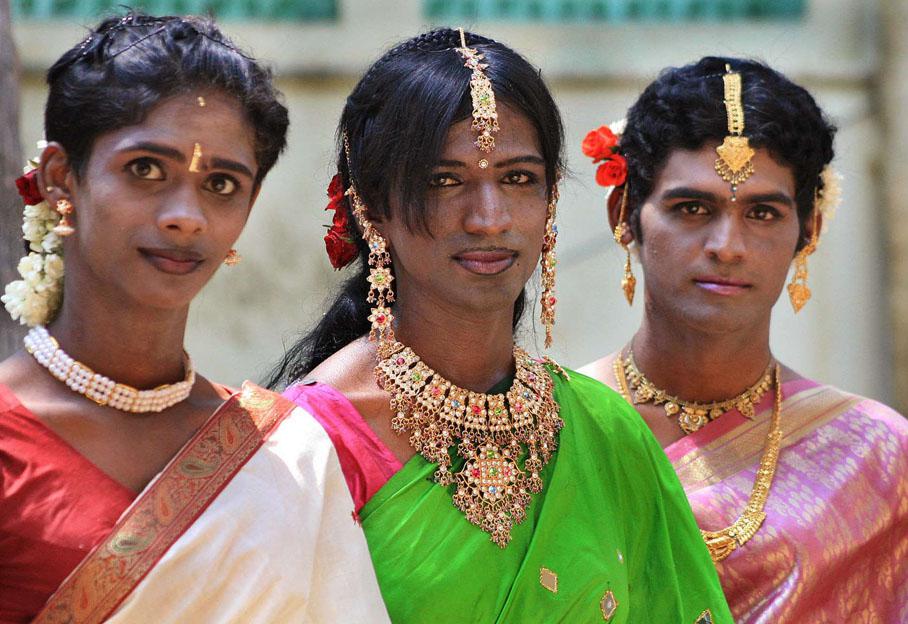
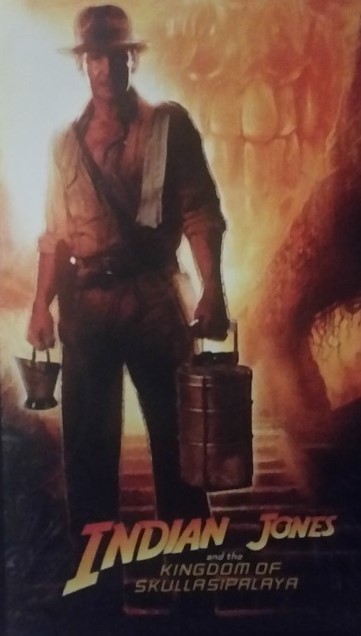

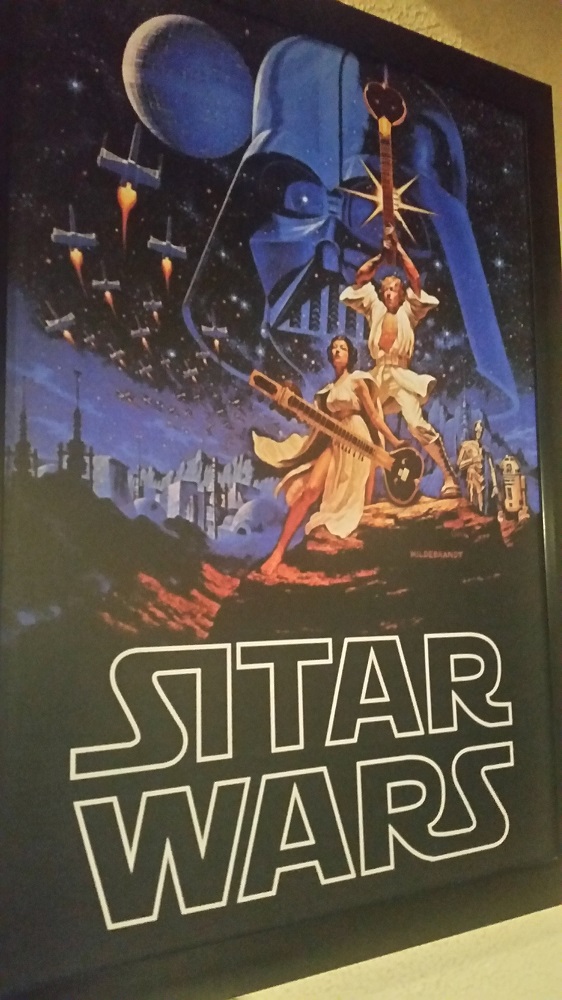

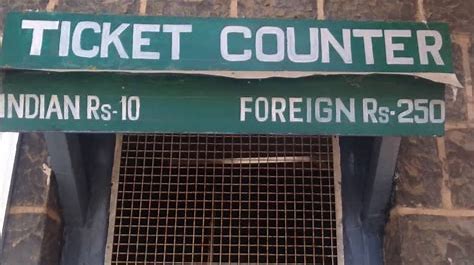

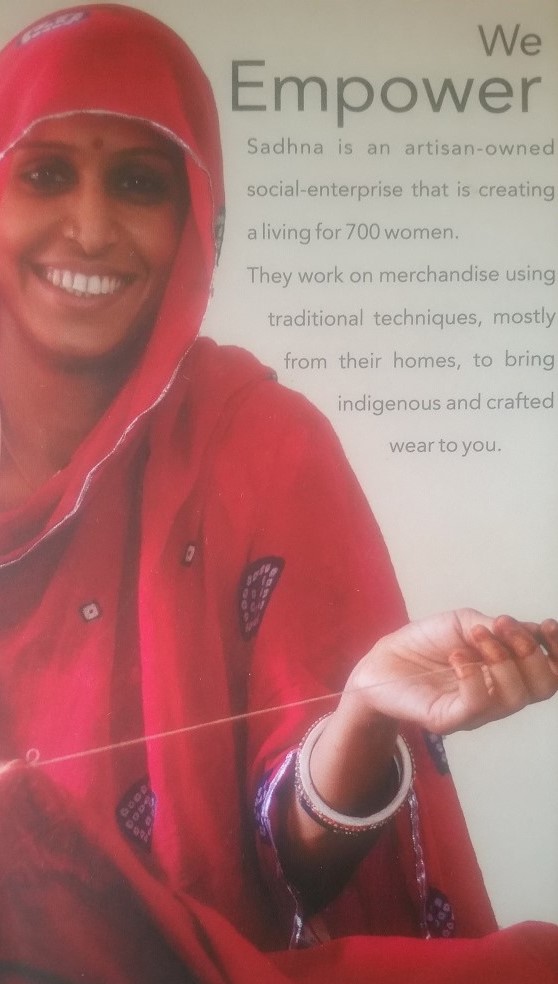
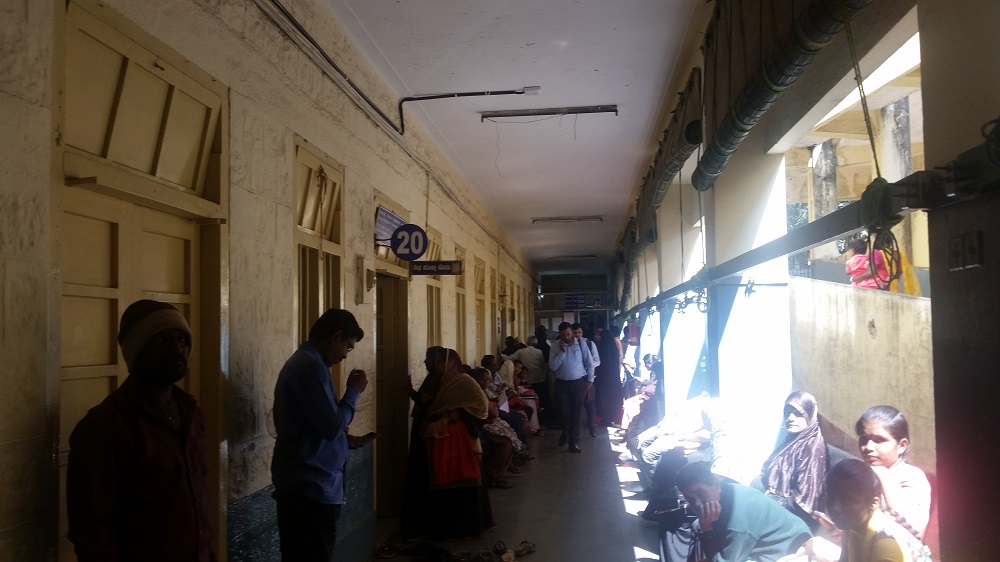
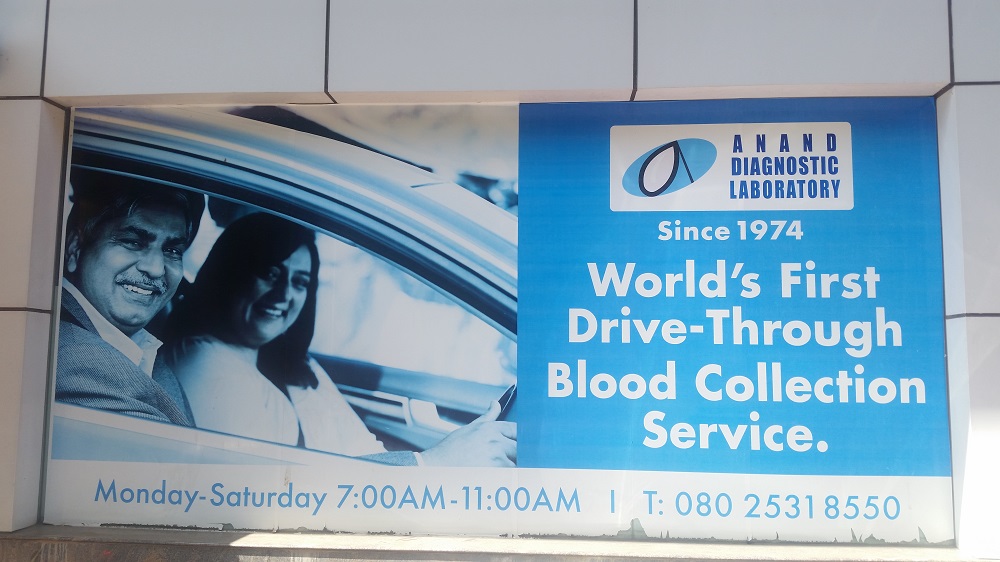
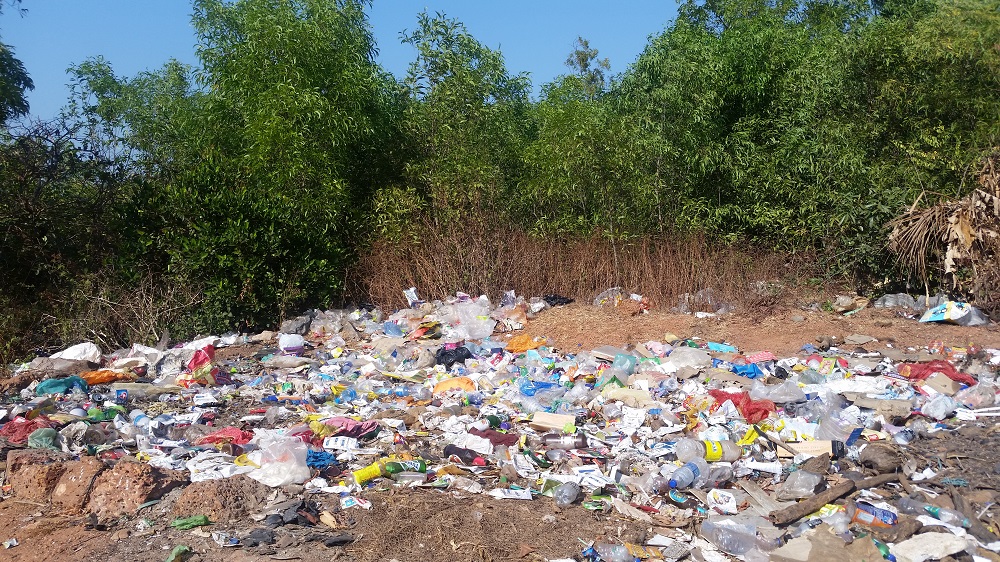
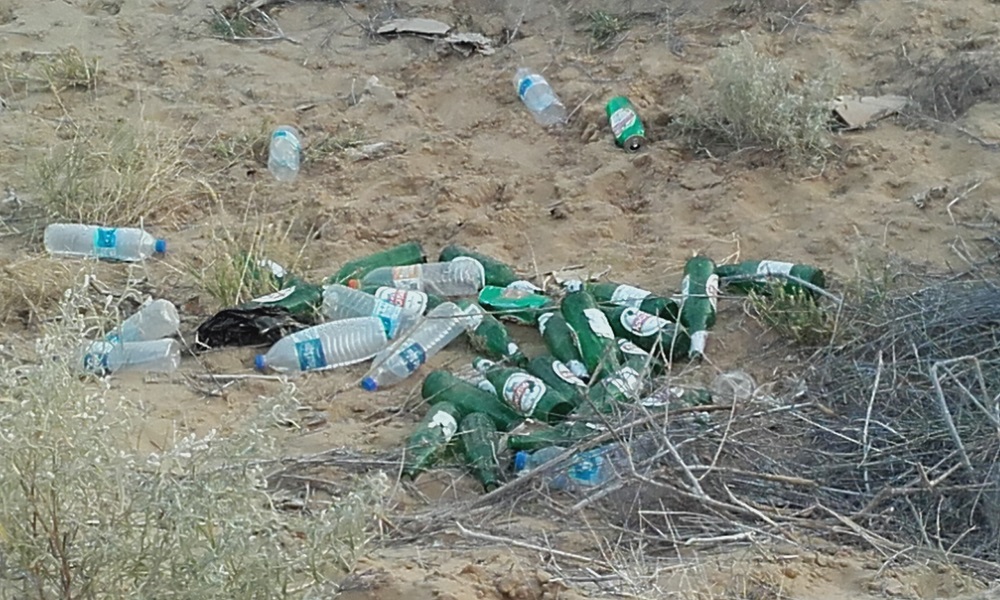

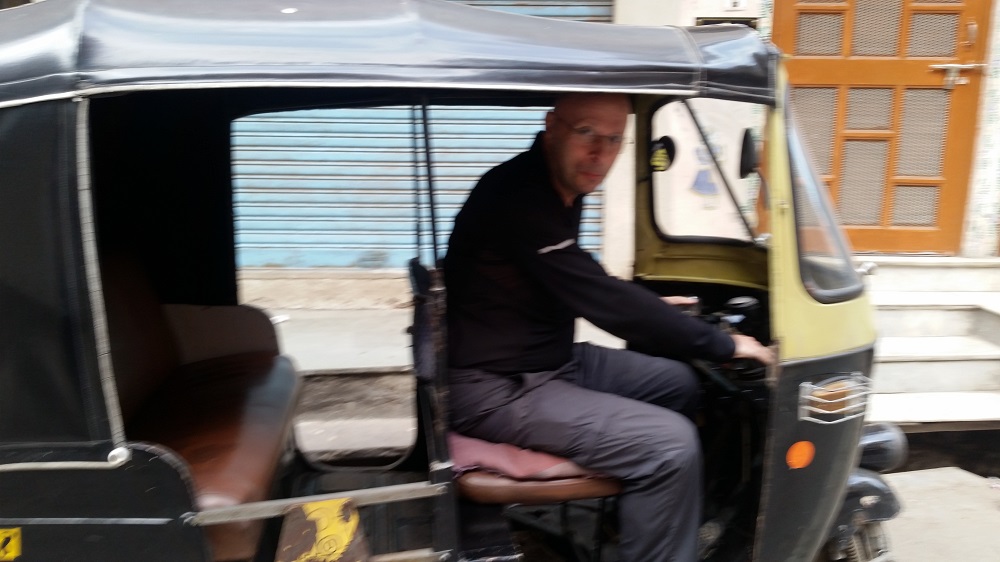
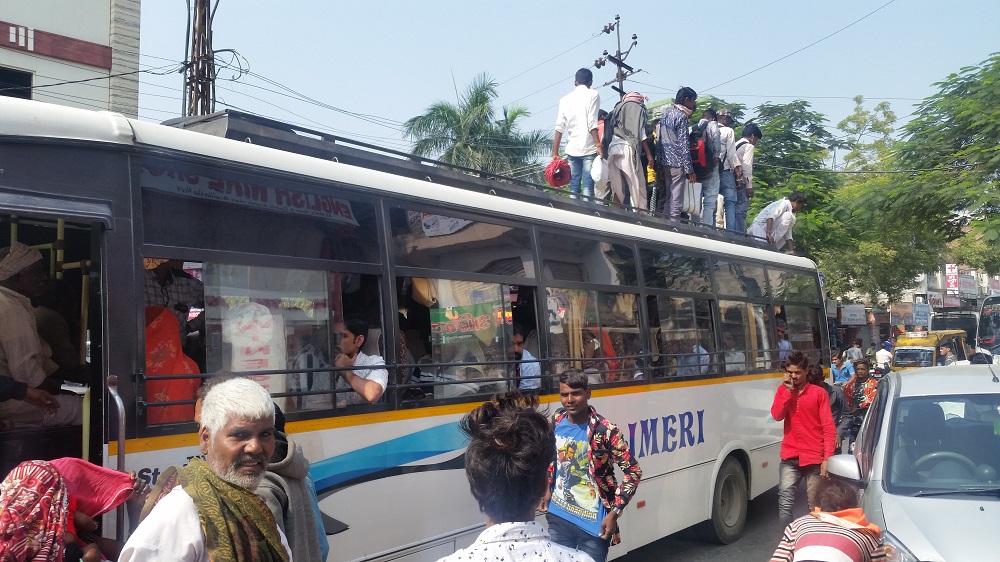
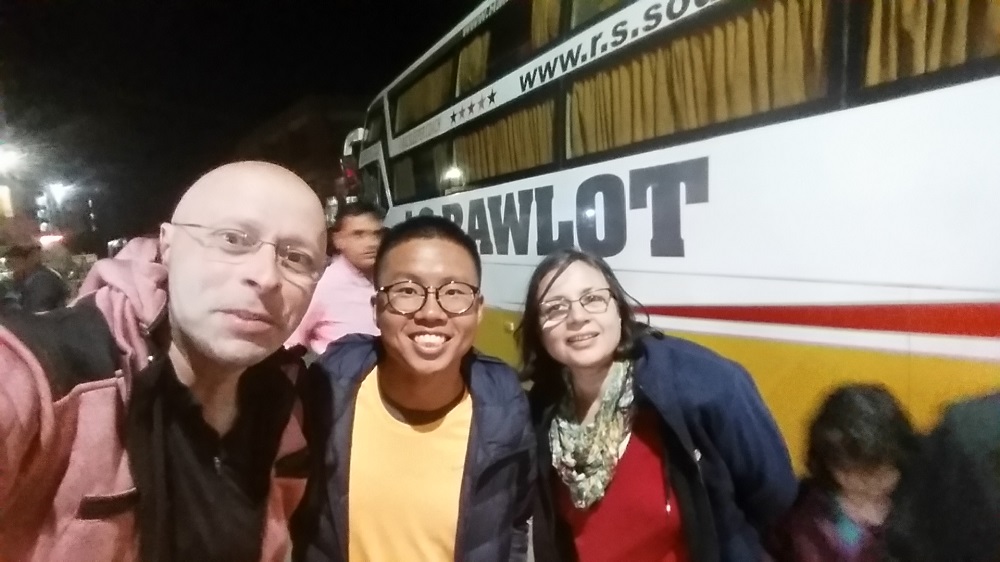
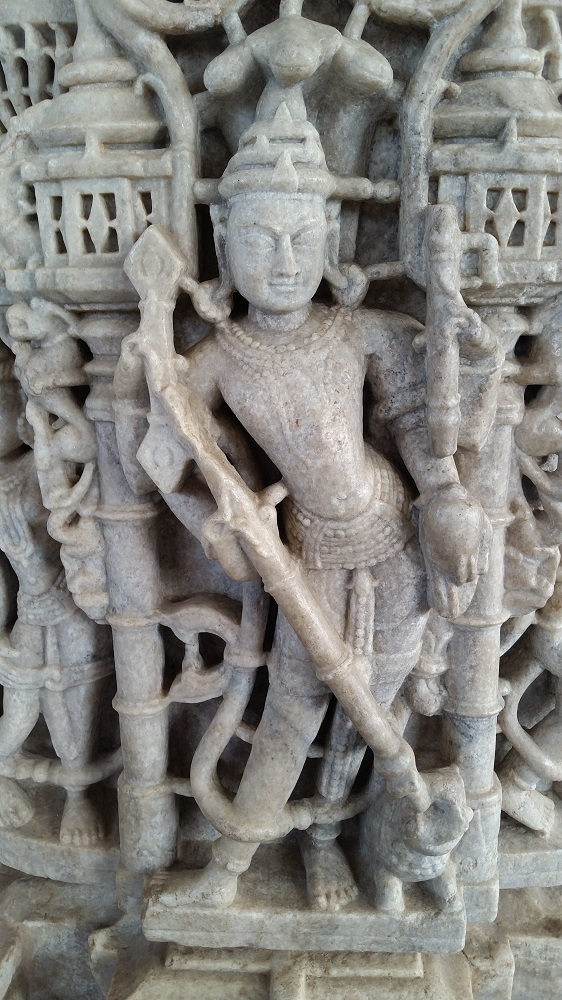

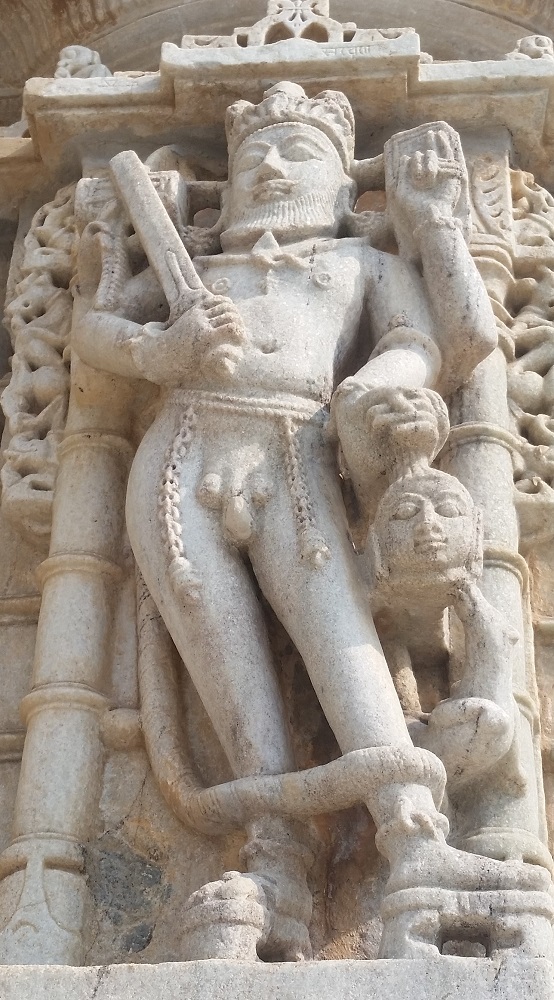
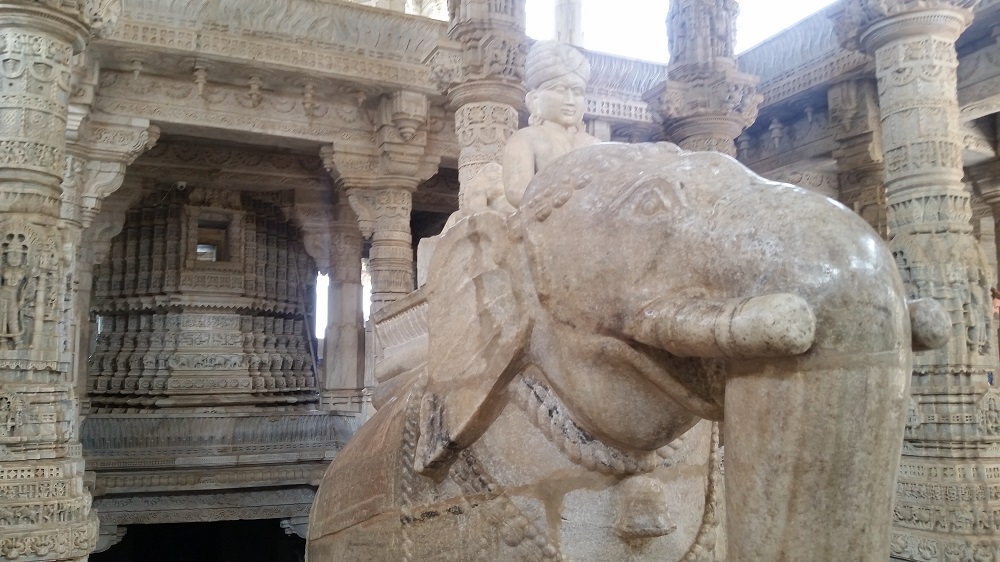
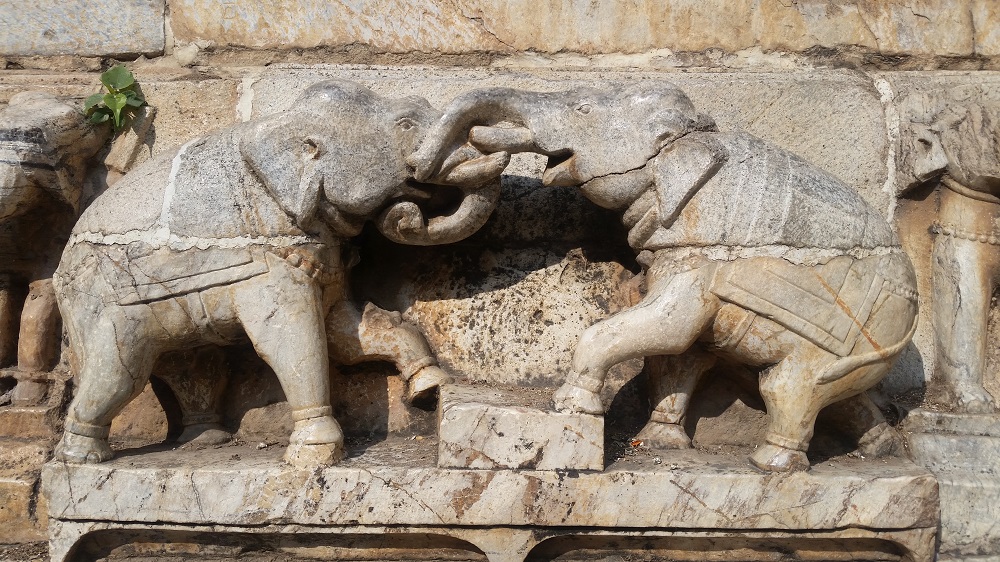
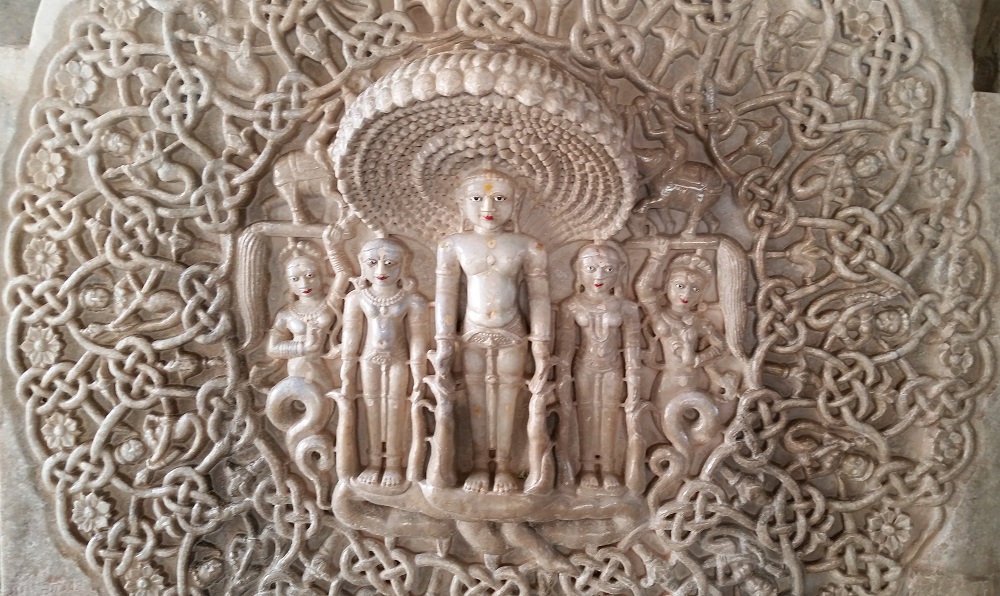

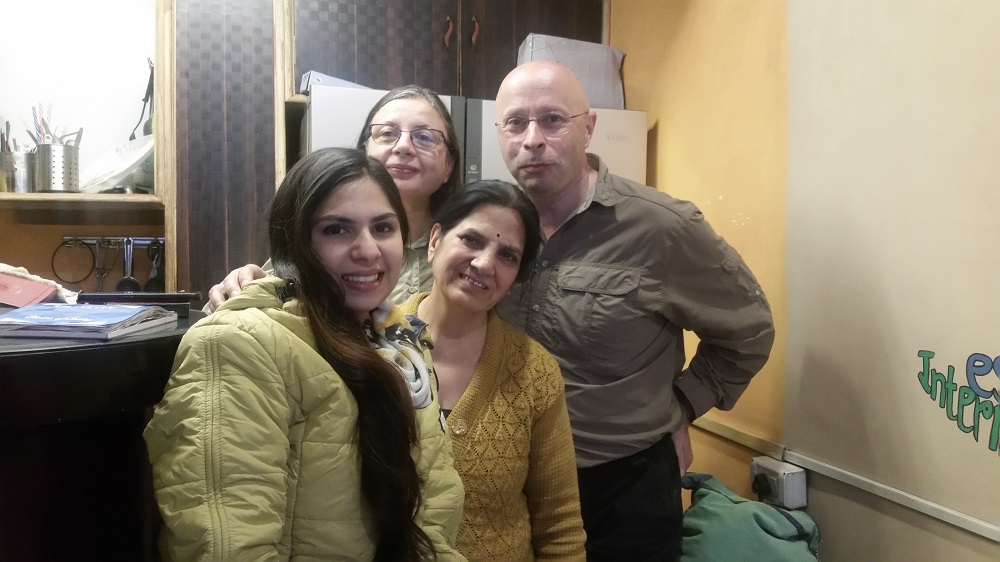
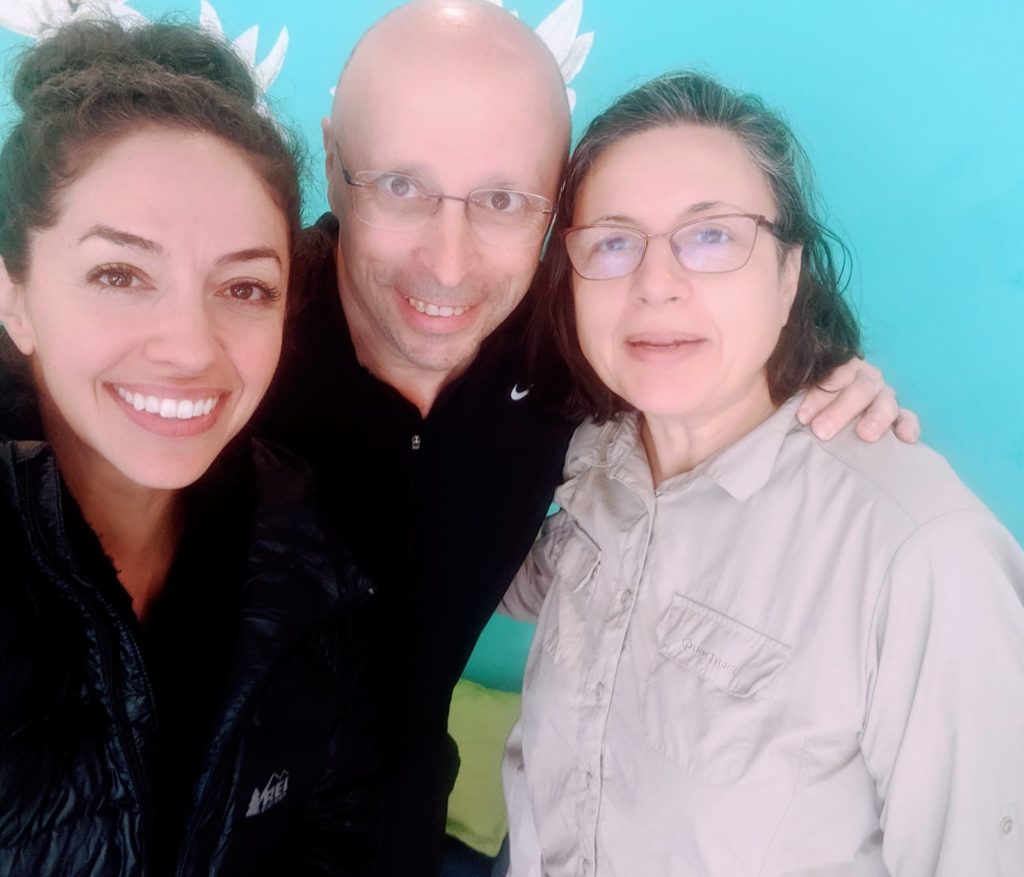
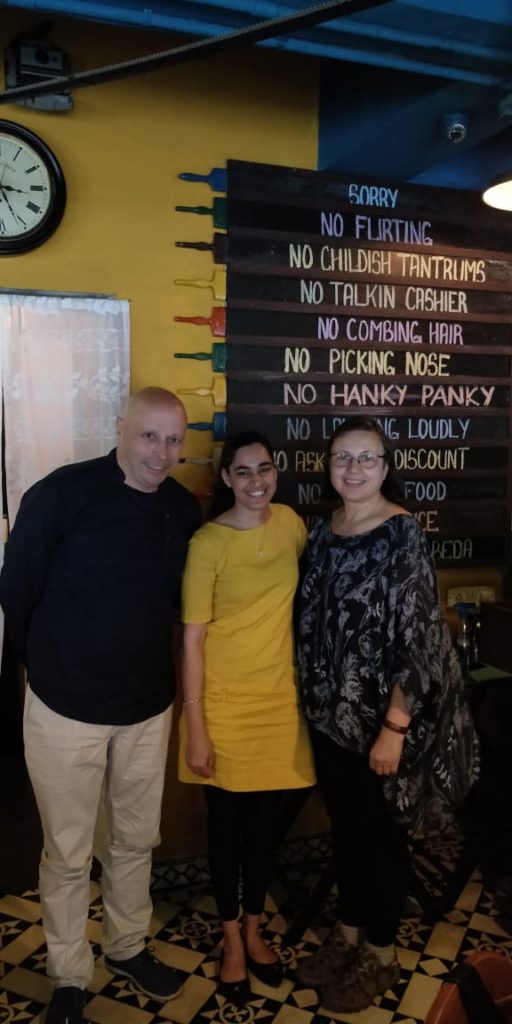
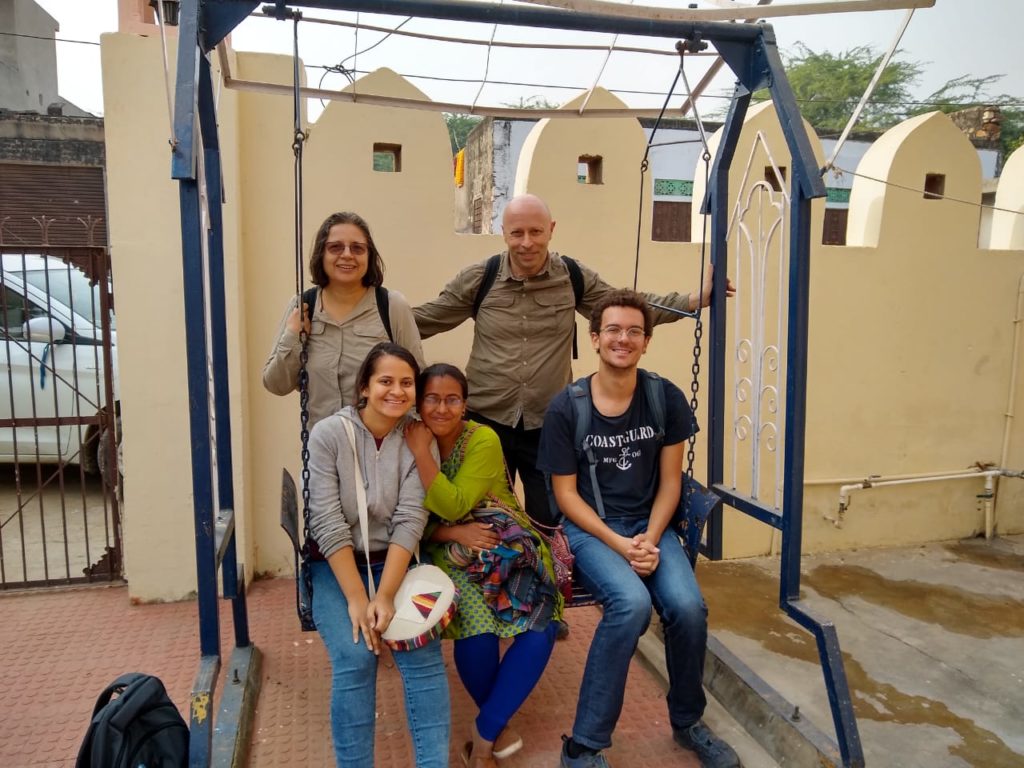

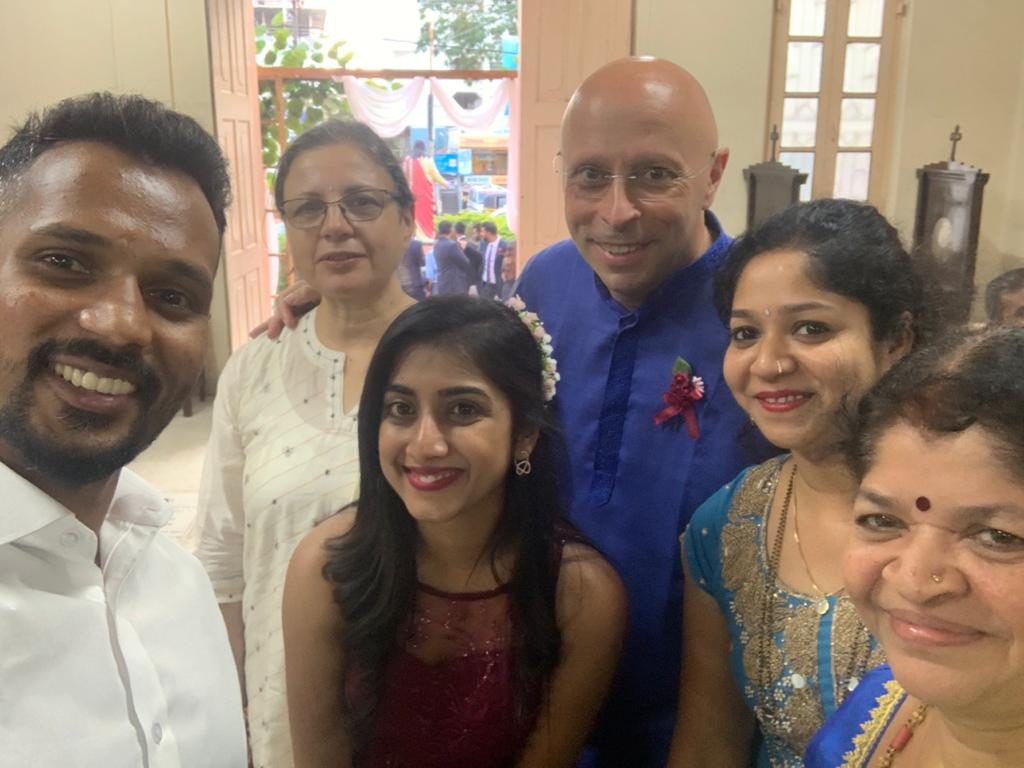

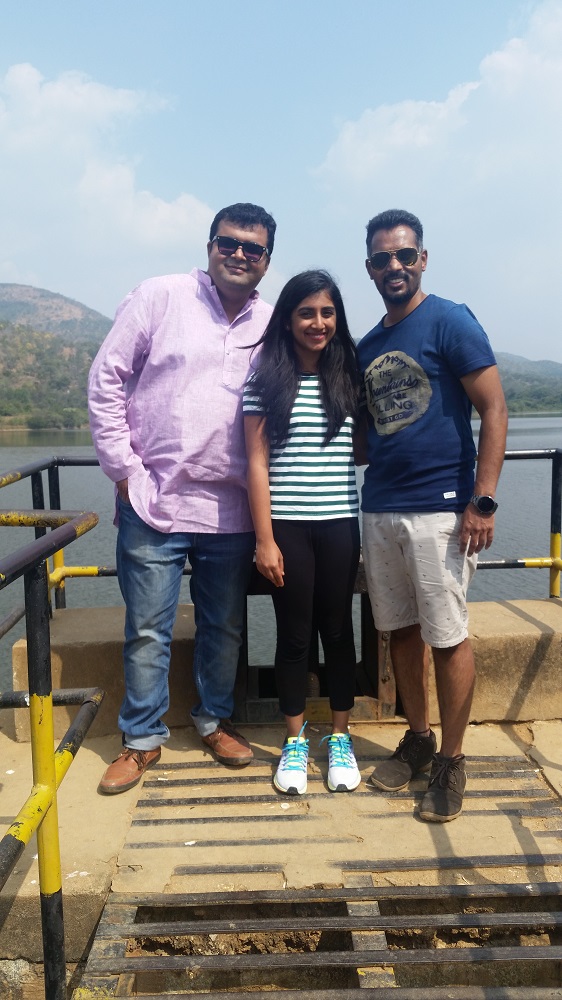
Jeff and Sylvie I am overwhelmed by reading this one blog. As always thank you for sharing your experiences. I look forward to meeting you both again in the near future. Loads of love.
Hi Rayeesa, We look forward to it! And btw, I will need to update this blog post…every time we go somewhere, we discover the most curious and funny things. This evening, we went to see a film on Brigade Road called 1917…so, I didn’t realise that the national anthem played before the film! Of course we stood up with everyone else but did not know the words. Then, just when the film was reaching a critical point, there is an intermission! Finally and I find this hilarious…the censors removed all of the swear words but they clearly did not know the meaning of some as they left some really bad ones in!
Thanks for sharing your trip. Some of what you write sounds like New York!! What a great experience you had. Would love to hear more about the work you did. Safe travels.
Wouldn’t it be nicer if we talked about it over dinner? Any plans to come to Europe? Love xx
Rien qu’un mot: Bravo!!! ralph
Merci Ralph, c’etait vraiment une magnifique aventure pour nous!
I want that dosa!!!!! Thank you so much Jeff and Sylvie for bringing a dose of colour and culture to my very grey Monday. As ever your prose is thoughtful and engaging and full of wonder…like the dosa it is immensely satisfying and enjoyable to consume – keep it coming! xx
Wow! Not surprised you want to return. It sounds like an absolute feast for the senses.
Can’t wait to see you soon!
Love,
Audrey
Hi Sylvie & Jeff
As others have said it is great to share your experiences and for me very nostalgic having been to India there times. Makes me want to go again. So delighted that you had a good time.
Love,
cousin Geoffrey
Wonderful experiences, that what life is all about,
Keep the good work and have fun
Thinking of you
Gilles ( Montreal)
Hi Jeff and Sylvie!
I hope this message finds you both well! Quel plaisir de lire votre blog de voyage! C’est vraiment inspirant. Thank you so much for sharing your experiences. It was a pleasure meeting you in Rajasthan. All the best in your travels :)))
Warmest regards,
Max
You two should become official journalists – such a fascinating read. What’s next?!!!
this is wonderful an extraordinary trip